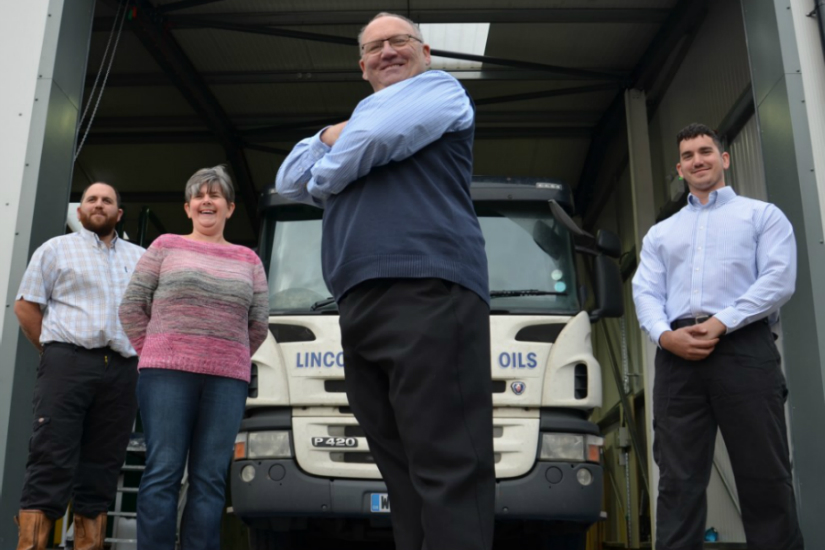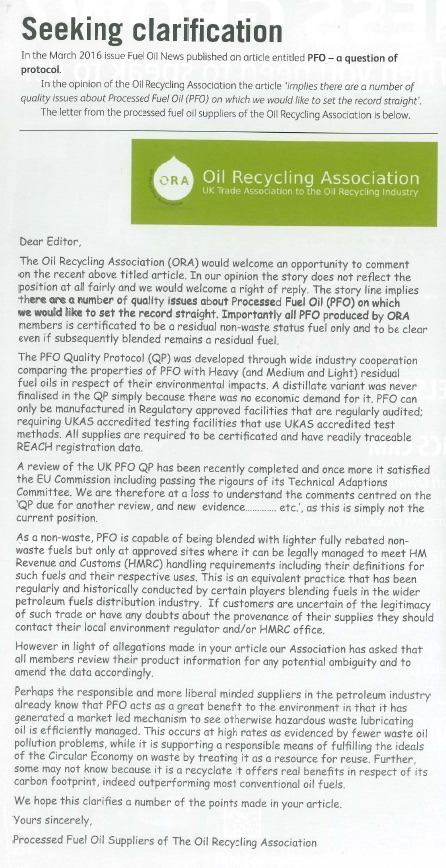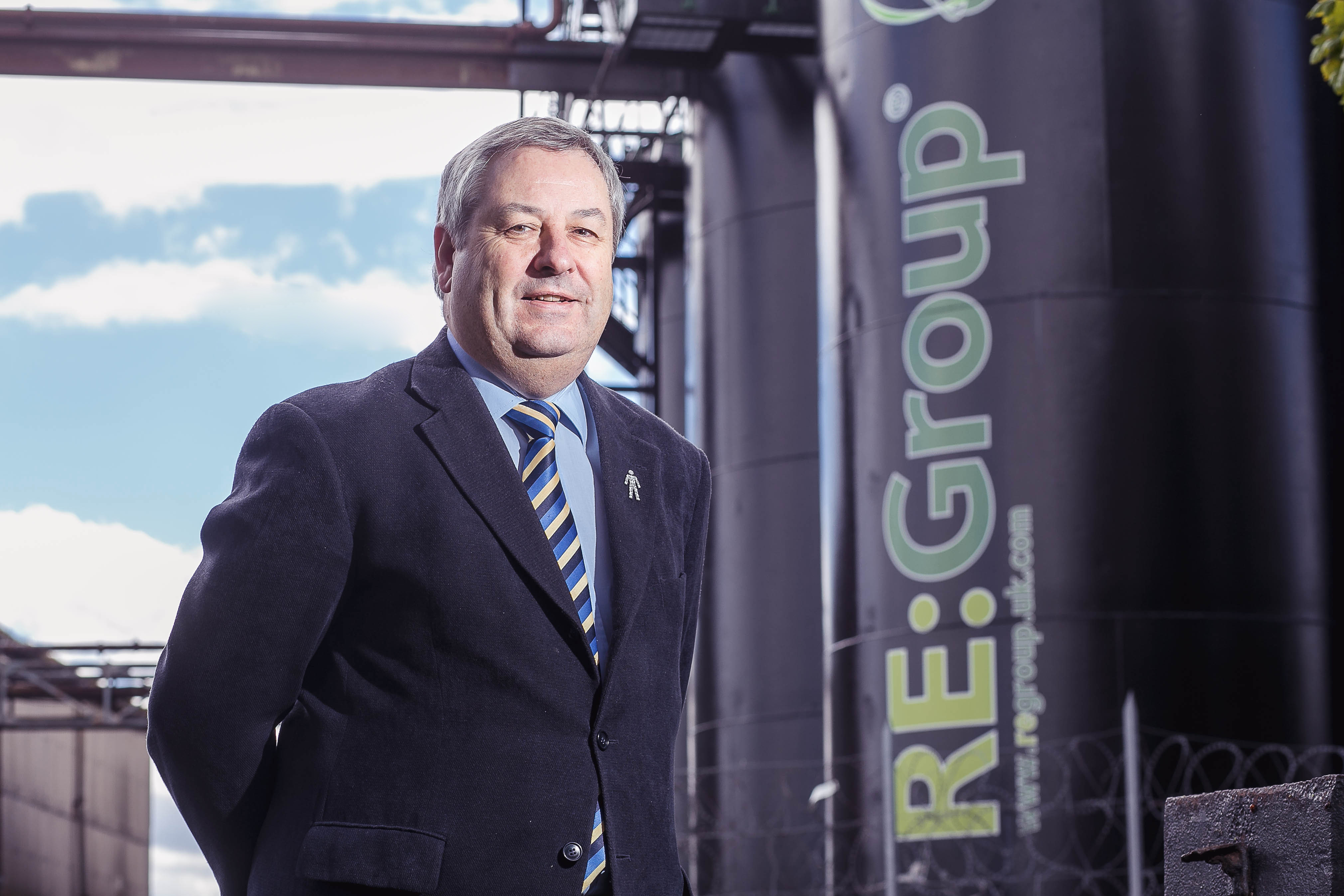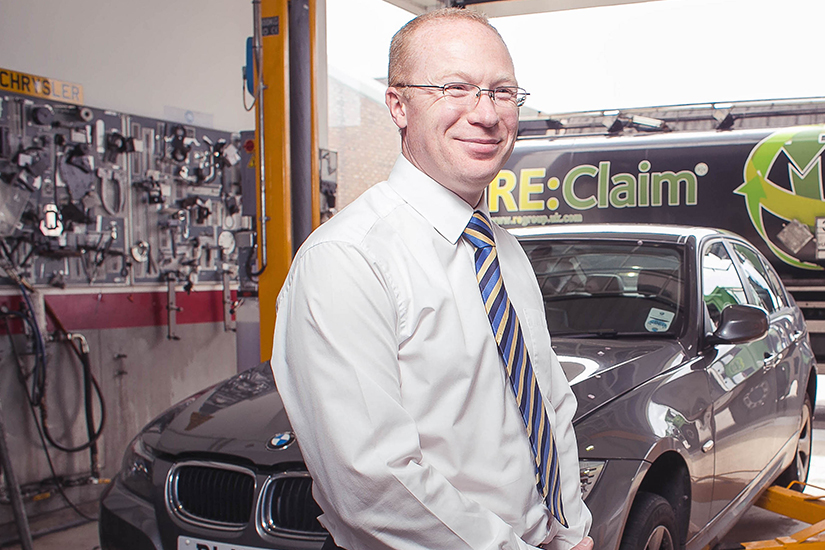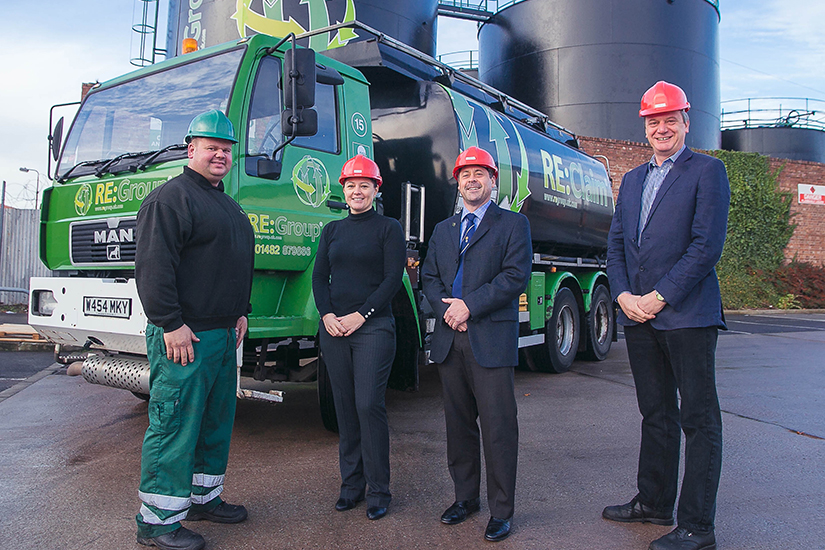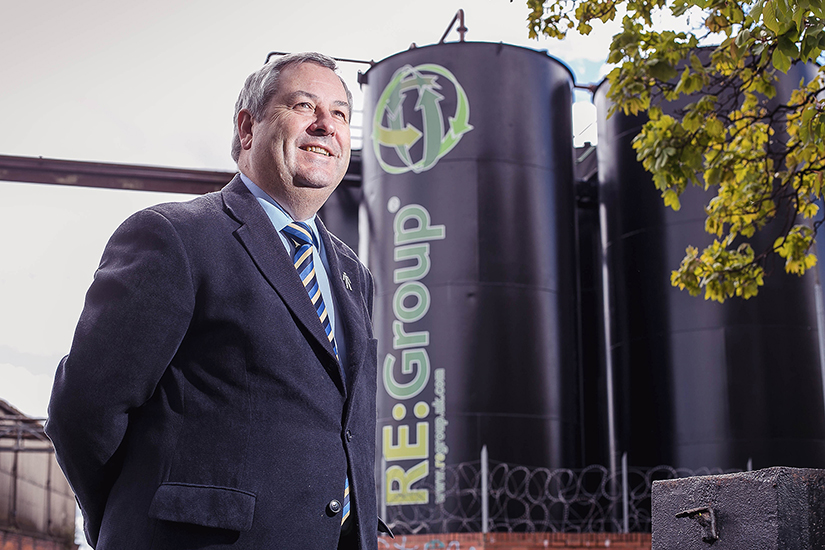
Apprentice makes quick impression
RE:Group is investing in the future through its new apprenticeship scheme.
It is hoped that Ross Vinegrad, who has joined us as an engineering apprentice, after spending four months with training organisation HETA, will be the first of many in the years to come.
Ross, who is from Hedon, was chosen from a strong candidate list, and has made a quick impression by passing a PAT testing course and starting the job of updating procedures in site.
His apprenticeship will last two years.


